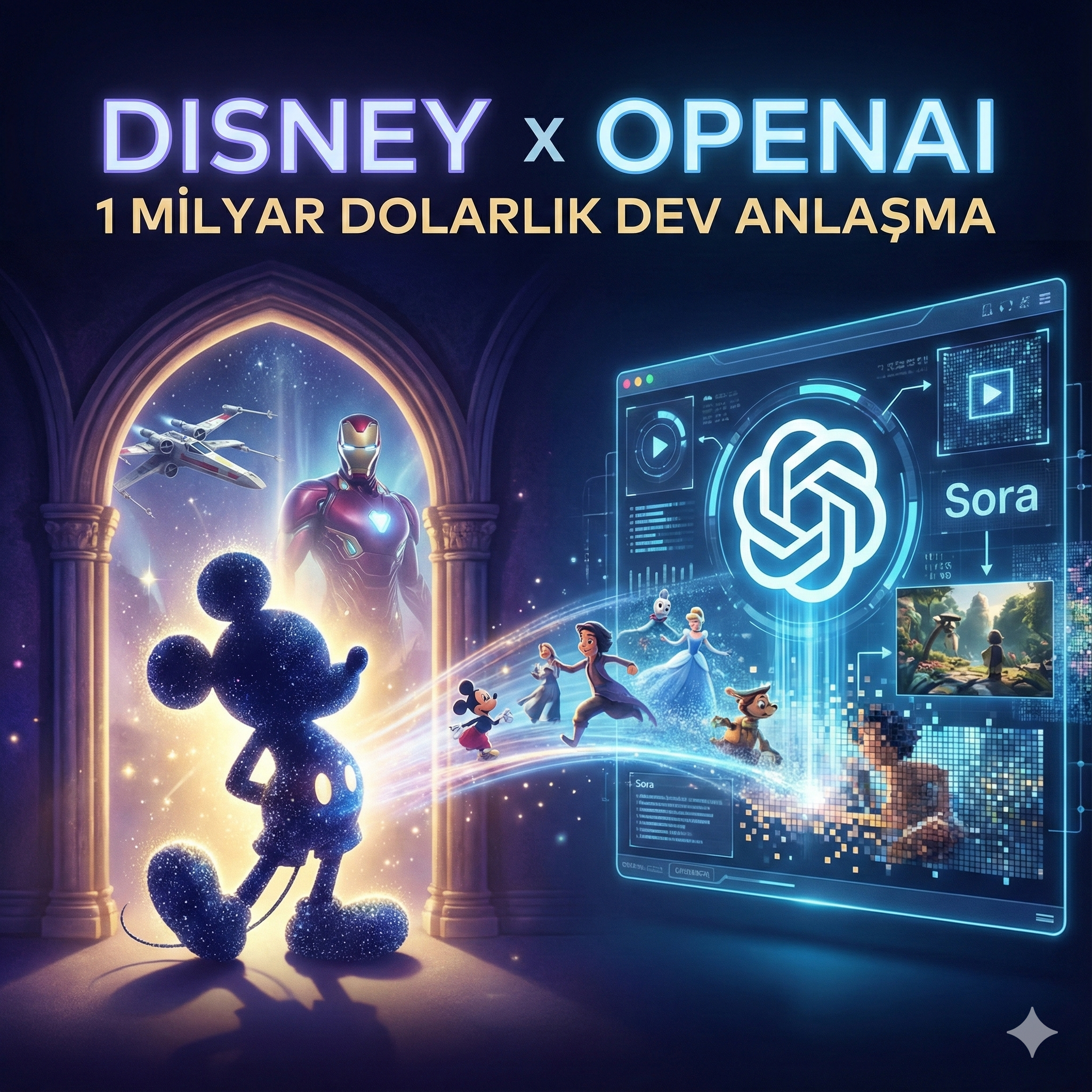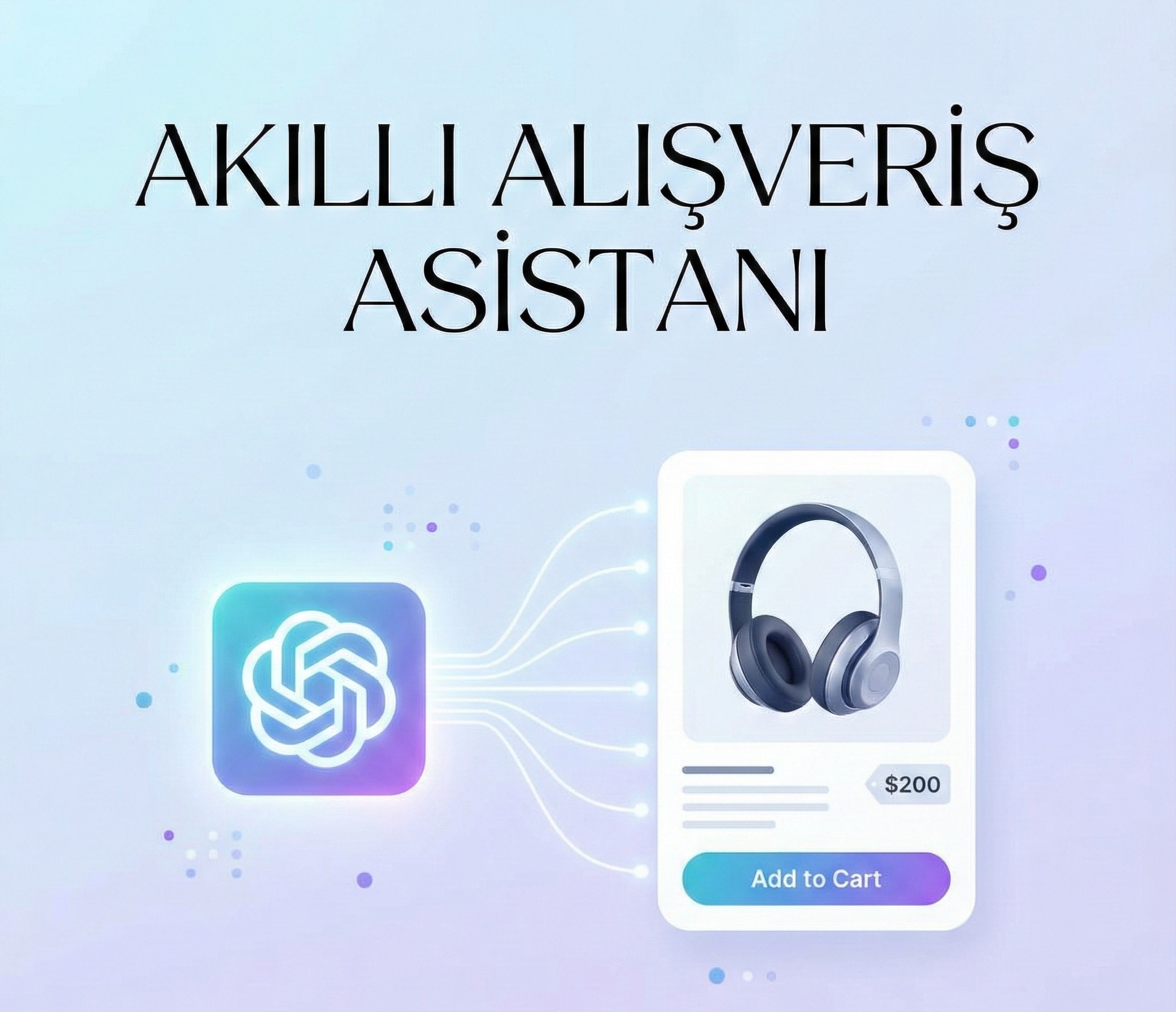In a major announcement, Microsoft has officially brought OpenAI’s new open-source gpt-oss-20b model to Windows. This marks another step forward in enabling AI models to run locally, without the need for constant cloud connectivity. For developers, this means greater freedom to work on code and tool-based tasks using high-performance hardware. Recently introduced by OpenAI, the model runs smoothly on devices equipped with either NVIDIA or AMD Radeon graphics cards, provided they have at least 16 GB of VRAM.
Microsoft’s Move is a Milestone for Open-Source AI
Microsoft’s integration of the model into the Windows AI Foundry platform is seen as a significant milestone in the open-source AI space. Through this platform, users can now directly download and experiment with the model on their own systems. This gives both companies and individual developers a major advantage, as they are no longer limited to cloud-based solutions for building high-performance AI applications.
Optimized for Powerful GPUs and Local Inference
The gpt-oss-20b model is designed to work efficiently with GPUs that have at least 16 GB VRAM. On modern NVIDIA or AMD Radeon cards, it can run without significant issues, providing fast inference capabilities even in low-bandwidth environments. This makes it possible for developers to work on their own datasets without relying on cloud infrastructure.
First Open-Weight Models Since GPT-2
Alongside the gpt-oss-20b, OpenAI has also introduced the gpt-oss-120b. These are the first “open-weight” models from the company since GPT-2. OpenAI has optimized them specifically for coding, data analysis, and reasoning tasks. Released under the Apache 2.0 license, these models are free to use for both commercial and personal projects.
macOS Support Coming Soon
According to Microsoft’s roadmap, macOS support will be introduced in the near future. Additionally, special adaptations for Copilot Plus are also in development. These advancements will expand AI model availability across more platforms, creating a broader and more inclusive ecosystem for both organizations and individual developers.





